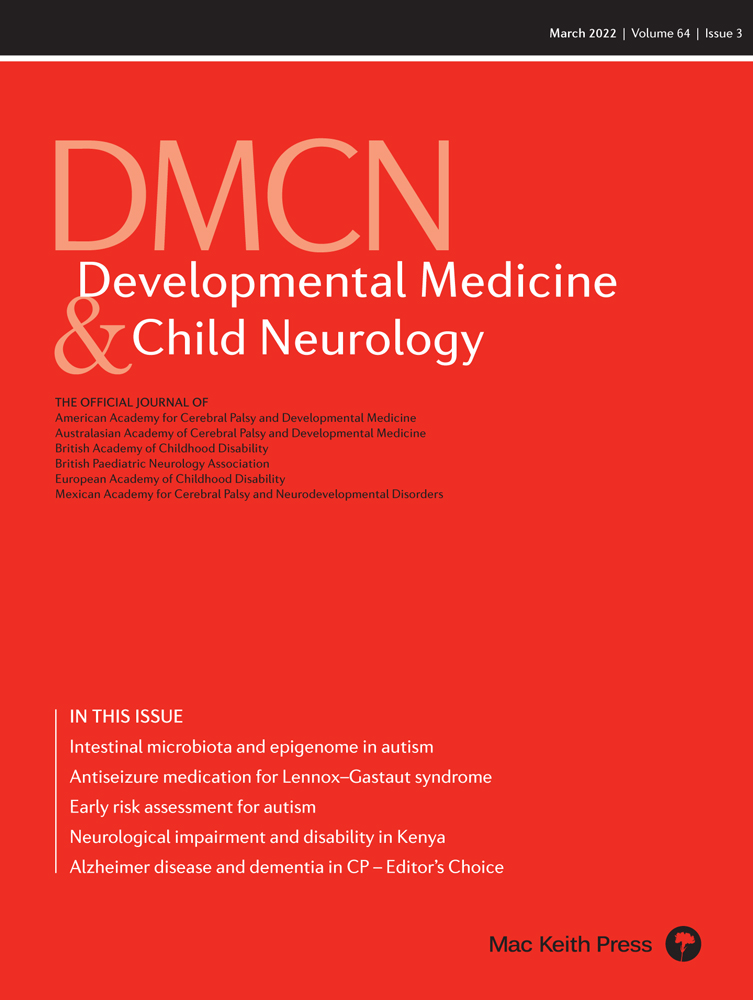Hospitalized children with intellectual disability: quality and safety challenges
Abstract
This commentary is on the original article by Mimmo et al. on pages 314–322 of this issue.
Children with intellectual disability have distinct vulnerabilities. For example, they are at a higher risk for accidents at home, various medical complications, and they have greater frequency of hospitalization for these accidents or complications.1 Mimmo et al.2 found that this population is at risk even within a hospital setting. The authors report that children with intellectual disability have more hospitalization events, and that these events are longer and significantly more expensive. What seems to be even more striking is their findings regarding quality and safety during hospitalization. Their analysis was based on a retrospective analysis of two children’s hospitals in Australia. It shows that children with intellectual disability and developmental delay tend to be at a higher risk for adverse clinical incidents in comparison with typically developing children. Incidents include mistakes in medication, falls, pressure sores, miscommunication, and more. Specifically, among the children in the study population, about one in seven experienced at least one clinical incident and about half of the cases involved administration of drugs and intravenous fluids. These incidents in particular have the potential to develop into life-threatening events or generate complications and additional disabilities. These alarming findings need to be addressed with the goal of reducing the frequency of adverse events in this at-risk population.
The authors rightfully give credit to the parents as ‘protective agents’ against harmful events in hospitals. Caregivers continue to provide care for their children when they are hospitalized, and it is a safe assumption that they have the opportunity to protect their children 24/7 from undesirable accidents. It is worth mentioning that only a few decades ago parents had limited visiting hours in the hospital and children were solely under the observation of the hospital staff.3 Even though the parents have a greater presence, this does not mitigate the responsibility of the hospital staff to maintain the highest standards of safety considering the special needs and vulnerabilities of children with intellectual disability. For example, healthcare personnel could develop specific protocols focusing on safety as it relates to children with intellectual disability. A specific area of focus, based on the finding of Mimmo et al., would be to enhance safety procedures for the administration of medications and fluids to children with disability. It is possible that they are more susceptible to these errors in part because they receive more medications in comparison with typically developing children.4
Prevention is a key element in the holistic care of disabled children and chronic diseases.5 We can only speculate how many of the hospitalizations that the authors investigated were preventable. For example, it would have been interesting to know if these children had been appropriately vaccinated, and if they had been evaluated in specialized medical centres that address their medical concerns and complications. Further studies should shed light on the contribution of orderly follow-up, adherence to immunization programmes, designated medical centres, and all-inclusive ambulatory hospital settings to the prevention of in-patient hospitalizations of children with disability and developmental delay.




